How To Start A Flute Club
by Heidi Alvarez
This panel was presented by the NFA Flute Clubs Committee, chaired by Kelly Sulick, and moderated by Erica Bass Pirtle (Atlanta Flute Club and member of the NFA Flute Clubs Committee). Panelists Kathy Farmer (Atlanta Flute Club), Penny Fischer (Flute
Society of Washington founder), Alina Osika (Utah Flute Association webmaster and member), and Mihoko Watanabe (Indiana Flute Club) guided flutists through beginning their own organization.
Topics included how to choose a flute
club or flute choir (or how to integrate the two), what is needed to start a club or choir and determine how often it should meet, general dues ranges, member retention and growth, how to find a conductor, how to advertise events, deciding whether
or not to form a nonprofit and related legal considerations, and past challenges and successes.
Among panel insights:
Know the diversity of your flute community and how to meet the needs of the members who want to
get involved, such as the kinds of performing opportunities they want. While quarterly meetings supplemented with conference calls and subcommittee meetings work well, when starting off, more frequent meetings, perhaps monthly, are recommended.
Annual dues vary between $20 and $60 for individuals; although student rates generally are lower, one club charges higher fees for students than for adults. Group rates range between $40 for families and $100 for college studios and corporations.
The rate and the size of population in each city will matter. Some events for which the public pays are free for members.
To retain and grow members, constantly survey members after masterclasses, competitions, etc. Find the right
person who is passionate and that person them the head of the group. Involve as many types of people as possible. Offer a variety of interests so there is something for everyone. Make sure the board is representative of the community and is comprised
of all ages, students, and teachers.
Digital marketing for younger attendees, especially via Facebook, works well. Continually update websites. Use PayPal. Most marketing is digital, but in addition, contact local band directors and
place a few targeted posters for area music teachers, music stores, band directors, private teachers, and charter schools. It is also helpful to require your students to attend. Email plays a great role. Persistence is important.
Structure
is very important. Many members are volunteers, so everyone needs to be on the same page and things need to be delegated. The chair needs to be in good communication with others. Be realistic about finances. If there are one or two events per year,
make sure they are really good events and that they don’t go into the red.
Be prepared to have successful events and some that aren’t. Sometimes people don’t come. Do things in conjunction with your colleges and
universities in that area. Think bigger and piggy back on festivals and events in your community, such as art festivals or athletic events.
The NFA has a handout for $8 on how to start a flute club. (Editor’s note: the handout
was available at the convention, but also can be order through nfaonline.org.)
From left: Watanabe, Fischer, Farmer, Osika, and Pirtle
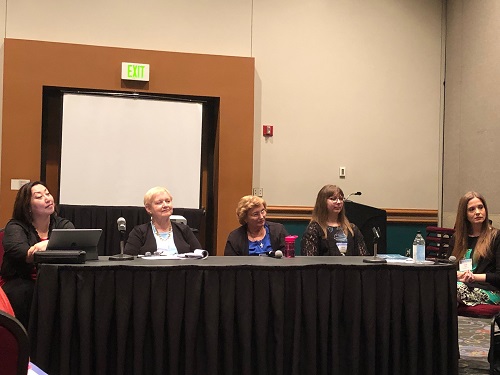
Mihiko Watanabe
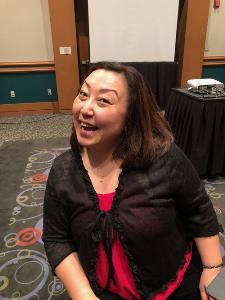
Alina Osika
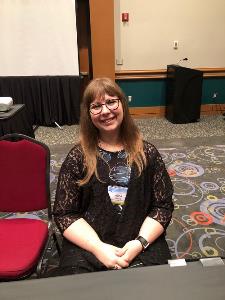
Penny Fischer
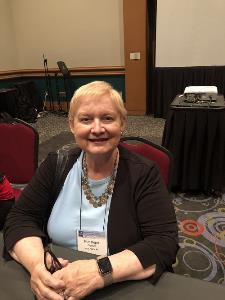
Erica Pirtle
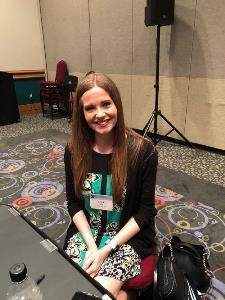
Kelly Sulick

- Convention
- Scholarships & Competitions
- Resources & Publications
- Programs
-
Committees
- About Our Committees
- Committee Webpages
- NFA Committees Blog
- Committee Web Presence Guidelines
- Giving
- About
- Community
- PayPal
- Walfrid Kujala Tributes